Hypocrisy of Pax Americana
Underpinning the growing wealth of the military-industrial complex for years was the "Pax Americana" concept peddled by U.S. strategists, a concept applied to the concept of relative peace in the Western Hemisphere and later in the world after the end of World War II in 1945, when the U.S. became the world's dominant economic and military power.
But there were also persistent challenges in the U.S. about the hypocrisy of Pax Americana, including former U.S. president John Kennedy who advocated against the idea in the 1960s.
Kennedy argued that such a peace based on "American weapons of war" was undesirable.
"What kind of peace do I mean and what kind of a peace do we seek? Not a Pax Americana enforced on the world by American weapons of war. Not the peace of the grave or the security of the slave. I am talking about genuine peace, the kind of peace that makes life on earth worth living,'" Kennedy said on June 10, 1963, when giving the commencement address at the American University in Washington, DC.
However, after the Ukraine crisis broke out, calls for military expansion and the revival of Pax Americana were again agitated in the U.S..
The online publication Foreign Affairs published an article entitled "The Return of Pax Americana" on March 14. The article said that Russia's special military operation in Ukraine "has now inadvertently done the United States and its allies a tremendous favor," or "a historic opportunity to regroup and reload for an era of intense competition - not just with Russia but also with China - and, ultimately, to rebuild an international order that just recently looked to be headed for collapse."
Voices encouraging the U.S. to prepare for a war with China and Russia at the same time are not alienated among U.S. scholars.
An opinion piece published by Foreign Affairs on February 27 proposed a massive increase in U.S. defense spending. Matthew Kroenig, author of this article, is the deputy director of the Atlantic Council's Scowcroft Center for Strategy and Security. The center published a report in 2021 and advocated for comprehensive containment of China.
"The United States remains the world's leading power with the greatest global interests, and cannot afford to choose between Europe and the Indo-Pacific. Instead, Washington and its allies should develop a defense strategy capable of deterring and, if necessary, defeating Russia and China at the same time," said Kroenig in the article.
Some U.S. strategists told the Global Times that the voices of these experts are echoed by many among Washington's decision-makers, "but the problem is that most of their recommendations cannot be implemented."
One reason, for example, is that the U.S.' national debt already stands at over $30 trillion, making it difficult to significantly increase defense spending, which is already nearly $800 billion.
Who's the real beneficiary?
After the outbreak of the Ukraine crisis, the voice of the American elites calling on other Western countries to extend their arms and raise their military budgets has boosted the U.S. MIC to make more profits.
On March 15, U.S. President Joe Biden signed a funding bill to send $13.6 billion in aid to Ukraine, which includes weapons the Ukrainians have been requesting, such as the anti-armor and anti-air systems. On March 16, Biden again announced another $1 billion in new assistance to Ukraine, supplying Ukraine with 9,000 anti-armor systems, 7,000 small arms, 800 Stinger anti-aircraft systems, 20 million rounds of ammunition, and 100 drones.
Tulsi Gabbard, a U.S. politician and a candidate for the Democratic nomination in the 2020 U.S. presidential election, alleged that some in the Biden administration "actually want Russia to invade Ukraine" because "the military-industrial complex is the one that benefits from this," the New York Times reported on March 28.
Gabbard, who claimed in February that both Democrats and Republicans in Washington are "essentially in the pocket of the military-industrial complex," calls the defense industry's political influence a scandal, said the NYT report.
The Russia-Ukraine conflict is a major boon for the world's largest defense contractors, such as Raytheon which makes the Stinger missiles and, jointly along with Lockheed Martin, makes the Javelin anti-tank missiles being supplied to Ukraine by the likes of the U.S. and Estonia. Lockheed's shares are up by around 16 percent and Raytheon's around 3 percent since the military conflict in Ukraine began, independent media outlet the Conversation reported on March 9.
Indeed, sanctions imposed by the U.S. and European governments in conjunction with some multinational companies have hit the Russian economy hard. On March 14, 850 stores belonging to McDonald's in Russia were officially closed. Also, at least 300 multinationals have pulled out of Russia since the conflict began.
But the crisis in Ukraine will benefit the U.S. economy and multinationals in the long run, observers noted. Companies from European countries such as Germany and France have invested much more in Russia than in the United States. In the future, these companies will likely have to turn to the U.S. for alternate investment destination.
India Today noted that the post-war reconstruction of Ukraine will involve huge amounts of money, and U.S. companies will definitely be the main beneficiaries of Ukraine's reconstruction.
To draw a comparison with the war in Afghanistan, according to a report by the Special Inspector General for Afghanistan Reconstruction, the 20-year reconstruction package approved by the U.S. Congress after the war in Afghanistan involved an investment of $145 billion, and observers pointed out that the reconstruction of Ukraine will certainly not cost any less than that.
The military conflict between Russia and Ukraine "has the champagne corks quietly popping in the Pentagon, on K Street, in the defense industry, and throughout the halls of Congress," Franklin Spinney, a former military analyst for the Pentagon, wrote in a recent commentary piece published in the U.S. online magazine CounterPunch.
Spinney recently said in an interview that the huge U.S. defense spending has seriously affected the country's long-term development. He believes that NATO's five waves of easternward expansion have violated its initial commitments and its failure to respond seriously to Russian demands are the direct causes of the outbreak of the Russia-Ukraine conflict, which cannot be separated from the true features of the U.S.' MIC.
U.S.: The Biggest War Profiteer
1. Six of the world's 10 largest defense contractors come from the U.S.
Lockheed Martin
Boeing
Raytheon Technologies
Northrop Grumman
General Dynamics
L3Harris Technologies
2. Since 2001, the U.S. has spent $6.4 trillion in wars, and U.S. military operations in 85 countries killed 801,000 people including 335,000 civilians and caused 37 million people to become refugees
3. $6.4 trillion has been spent on post-911 wars and conflicts in more than 80 countries, and most of the budgets were transferred to the top 5 contractors. From 2001 to 2021, the stocks of these top five contractors outperformed the stock market overall by 58%.
Next up:
From the disintegration of the Soviet Union to the step-by-step design and execution of the Ukraine crisis trap, the U.S. intends to achieve absolute hegemony through its strategic goals while suppressing Russia, dominating the EU, and containing China. The U.S., the global "master of strategy" that has killed many birds with one stone, is a schemer living in the ideology of the Cold War. In our next story, we'll look at how the U.S. became the 21st century's "Cold War schemer."










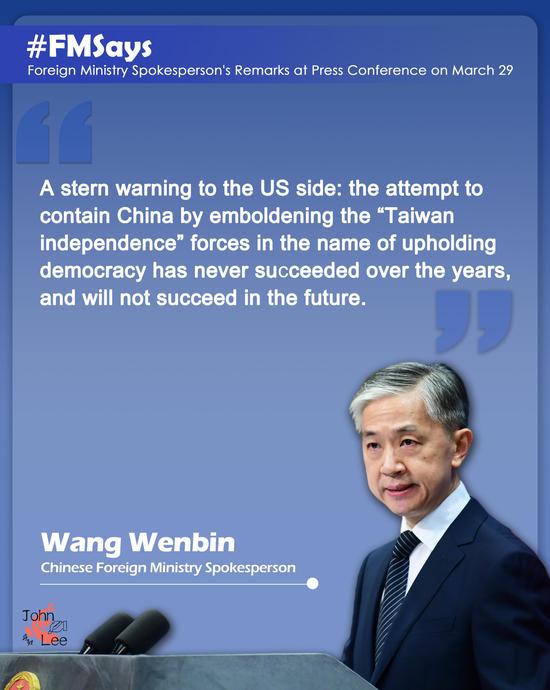
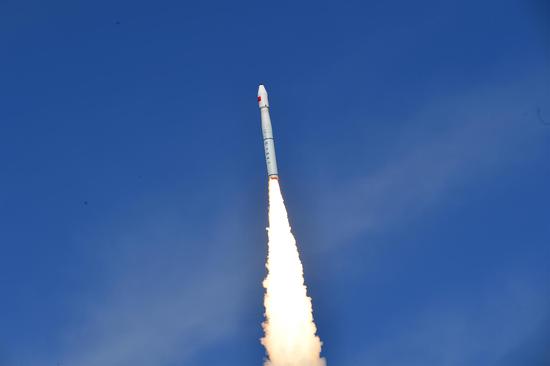




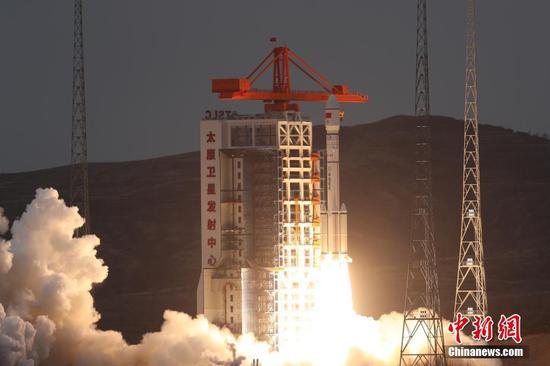






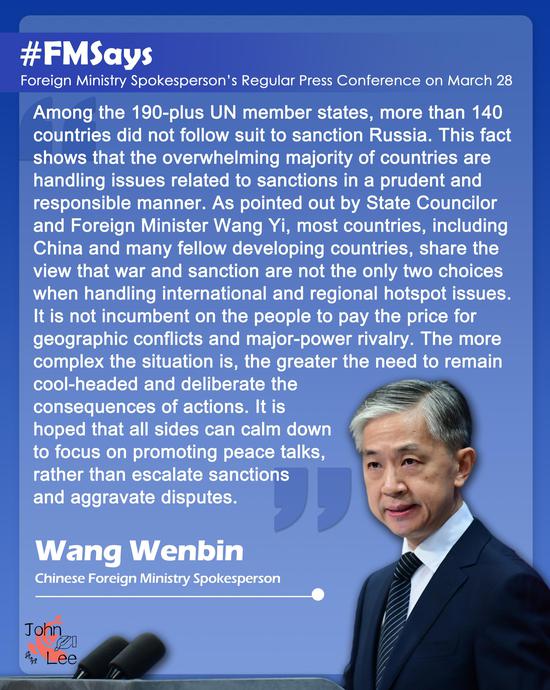
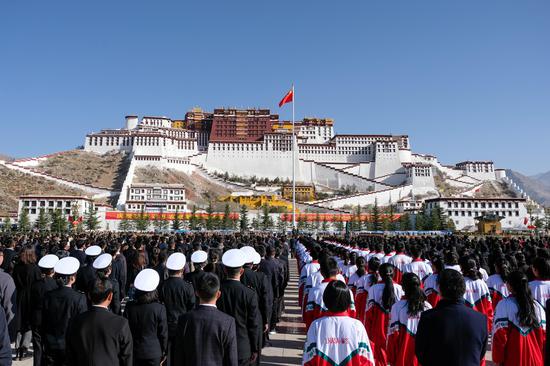

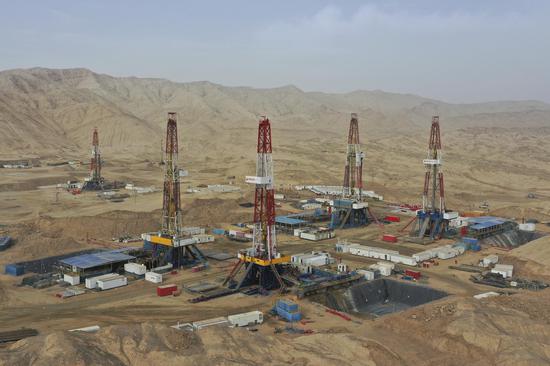






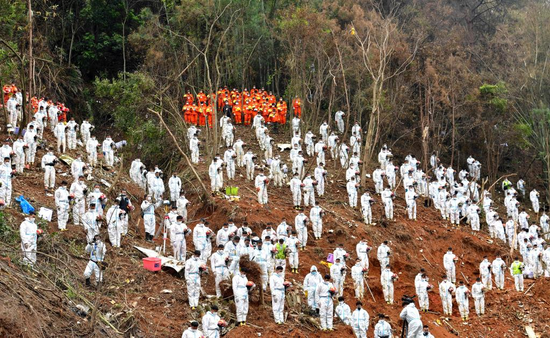
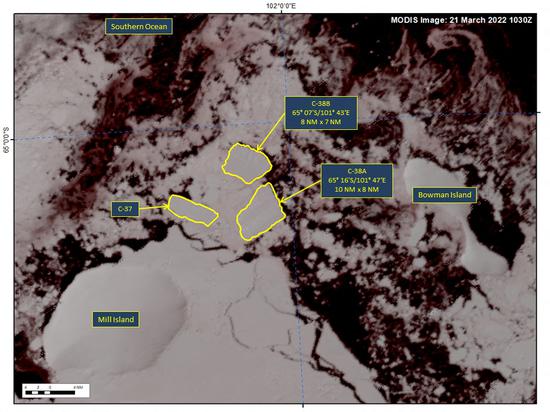
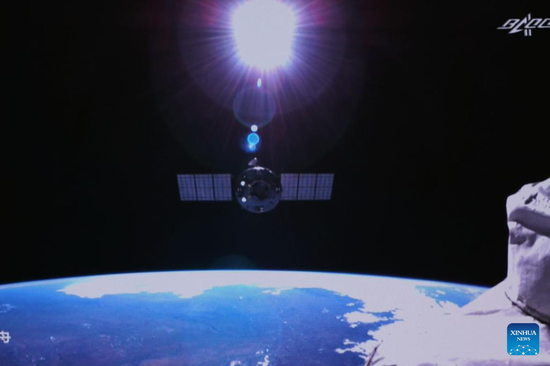



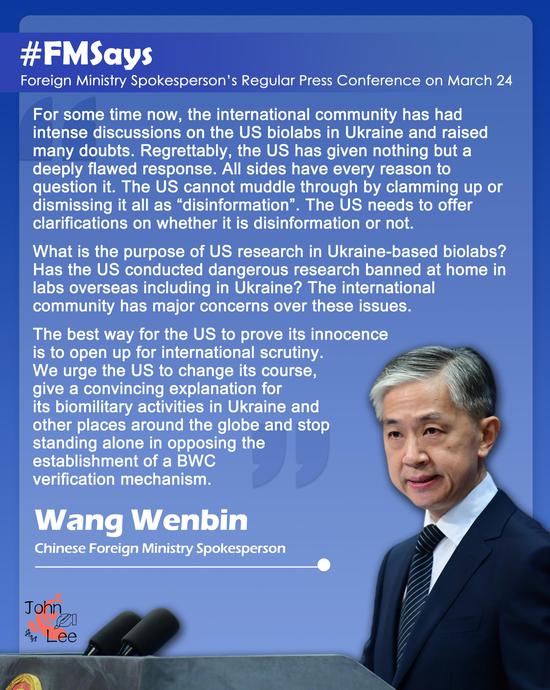


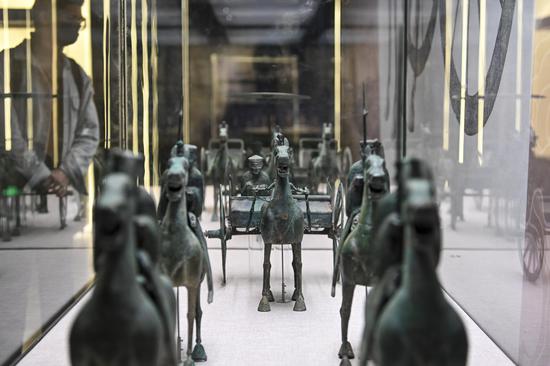







 京公网安备 11010202009201号
京公网安备 11010202009201号